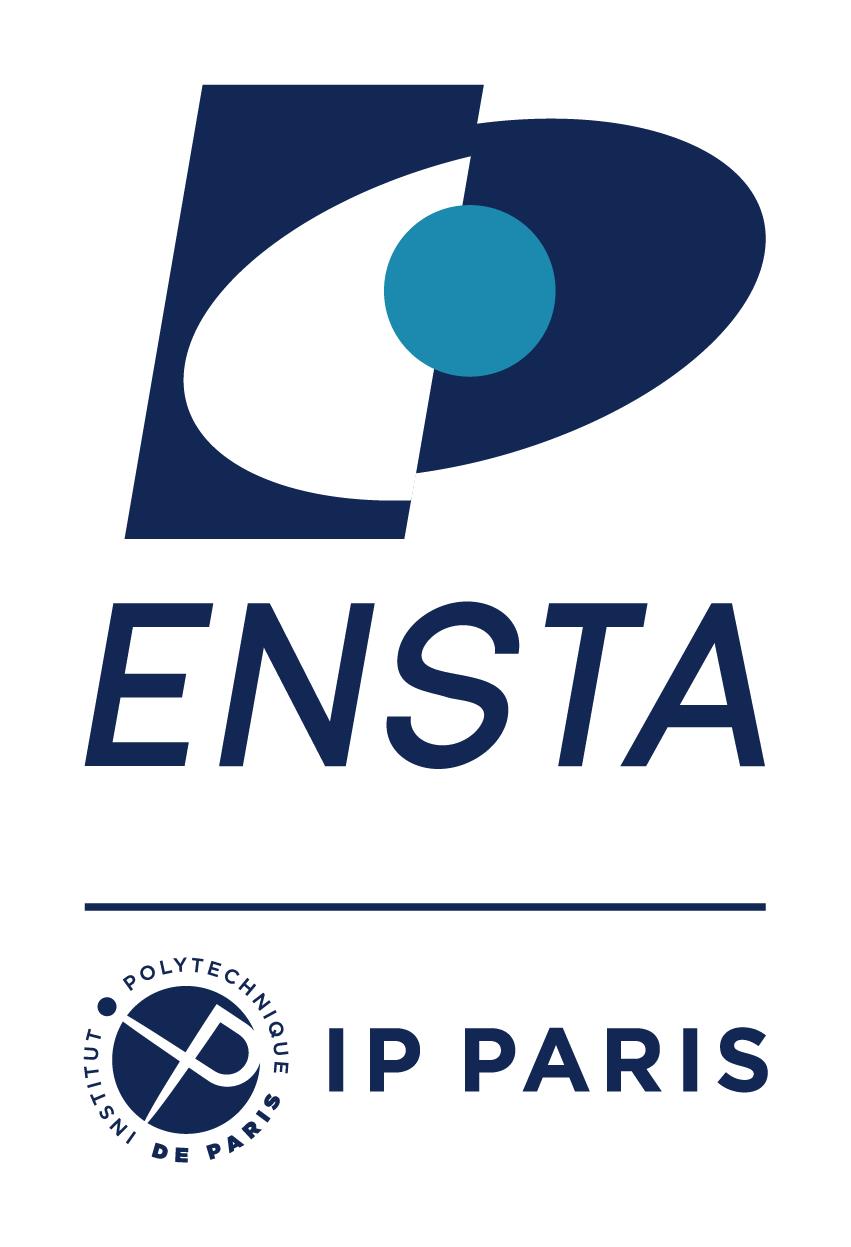Improved performances and motivation in intelligent tutoring systems: combining machine learning and learner choice
Résumé
Although the benefits of personalized learning are now well documented, its generalization in schools is challenged by high class sizes. Educational technologies such as intelligent tutoring systems (ITS) could contribute to address this challenge and help teachers and students. Recently, an approach leveraging models of curiosity-driven learning was leveraged to build an ITS personalizing sequences of exercices. Based on the Learning Progress hypothesis (LPH), this approach consisted in proposing students exercices that maximize learning progress, and incrementally identified using multi-armed bandit machine learning techniques. The resulting algorithm (ZPDES) was previously shown in field studies to be more efficient in terms of learning performances for a diversity of student profiles when compared to a curriculum designed by a human expert. However, there were two limits. First, the motivational impact was not assessed. Second, the ZPDES algorithm did not leave students the ability to express choices. This limitation in agency was at odds with the LPH theory initially concerned with modeling curiosity-driven learning. Here, we introduce a system (ZCO) that combines adaptive exercise recommentations using LP, with the possibility for students to make choices. These choice possibilities concern dimensions that are orthogonal to exercice difficulty, and are an instance of gamification also used in many existing educational technologies. We present an extensive field study (265 7-8 years old children from 11 schools, RCT design) comparing an LP-based automatic curriculum generation system with a hand-designed curriculum, both with and without self-choice. We first show that LP-based personalization improves learning performance (reproducing and solidifying previous results) while producing a positive and motivating learning experience. We then show that the addition of self-choice as a playful feature triggers intrinsic motivation in the learner and reinforces the learning effectiveness of the LP-based personalizing. In doing so, it strengthens the links between intrinsic motivation and performance progress during the serious game. Conversely, deleterious effects of the playful feature are observed for hand-designed linear paths. Thus, the intrinsic motivation elicited by a playful feature is beneficial only if the curriculum personalization is effective for the learner. Such a result deserves great attention due to the increased use of playful features in non adaptive educational technologies available in the market.
| Origine | Fichiers produits par l'(les) auteur(s) |
|---|



